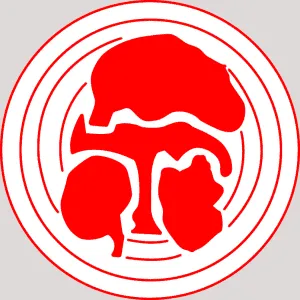As Nigeria joins the rest of the world to commemorate World Hypertension Day, stakeholders in the Nigerian health sector have identified the rising cost of drugs for the treatment of hypertension as a major concern and potential threat to the gains that may be derived from hypertension control initiatives
The Nigerian Hypertension Society (NHS) has, therefore, urged healthcare providers to cautiously use the most affordable and available effective and safe medicines for the treatment of hypertension.
President of the society, Prof. Simeon Isezuo, who stated this on Thursday in Abuja, called on the government to take necessary measures to bring down the prices of medicines while advocating for local manufacturing of the drugs.
Describing hypertension as the leading cause of stroke, heart failure, chronic kidney disease and heart attack, resulting in death or disability of people, Prof. Isezuo urged the private sector, philanthropists and religious organisations to support the less-privileged by funding their treatment and enrolling them into healthcare insurance scheme.
May 17 every year is observed as World Hypertension Day since 2005. The aim is to create awareness and promote the prevention, detection and treatment of hypertension. The theme for this year is “Measure Your Blood Pressure Accurately, Control It, Live Longer”.
This, Prof. Isezuo said is particularly significant in Nigeria where one of every three adults has hypertension.
He said hypertension has no symptoms until serious damage has been done to the body, saying that many people with this condition are unaware of having it, and only a few of those who are aware are on treatment.
He further stated that most of those who are on treatment do not achieve normal blood pressure levels mainly because they do not take their medicines regularly.
On the rising burden of hypertension, Prof. Isezuo identified a sedentary lifestyle and diet rich in salt, fats and sugar as the main factors. He, therefore, advised the consumption of traditional African food derived from roots, stems and leaves, regular exercise and optimum weight for the prevention of hypertension.
“Unhealthy foods should be taxed to discourage their consumption. Legislation should be enacted to enforce appropriate labels of salt, fat and sugar contents on food packages,” he added.
Meanwhile, the coordinating minister of Health, Prof. Mohammed Ali Pate, said hypertension is preventable and can easily be detected and treated.
For those on treatment, the minister advised them to avoid the temptation of stopping their medication and follow up with advice from their doctor or the health care worker attending to them.
He emphasised that adoption of healthy lifestyle is an integral strategy that should be practised by all.
“Engaging in physical activity for a minimum of 30 minutes daily. For instance, use the stairs instead of the elevator, trekking instead of taking the bus for short distances. Physical activity relieves stress, keeps you fit, controls body weight, and lowers heart disease and stroke risk,” the Minister urged.
Sources leadership
